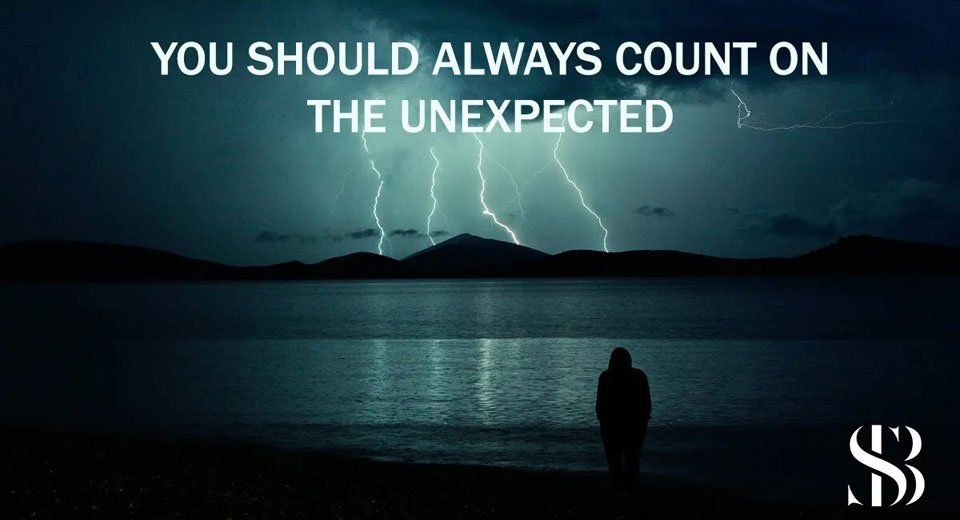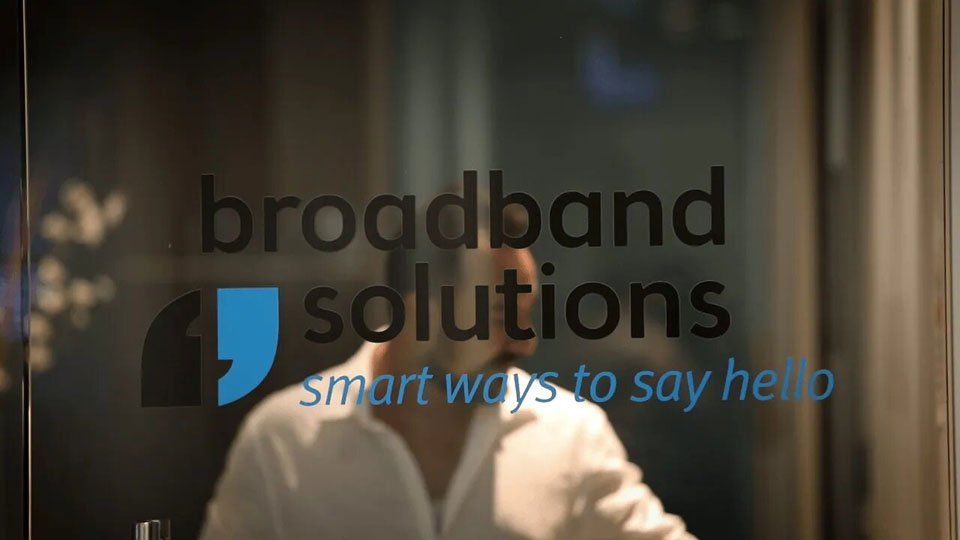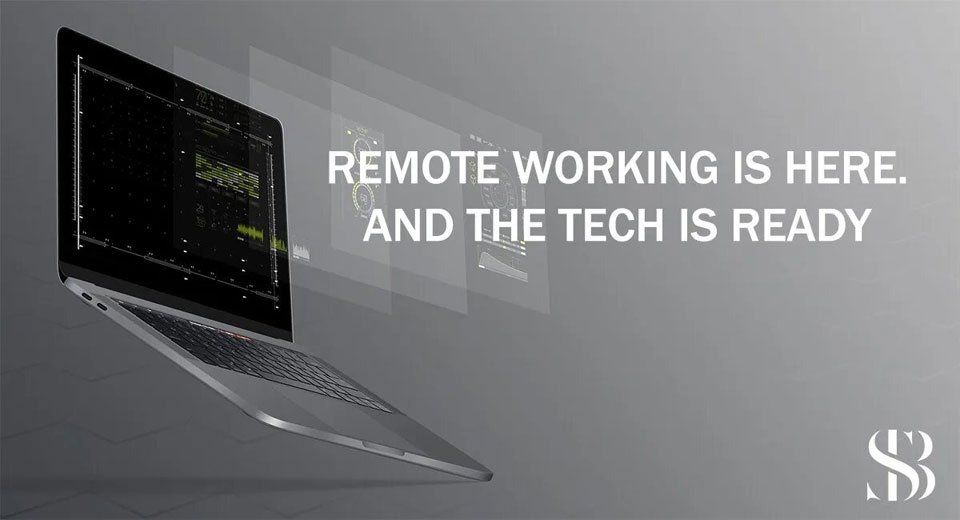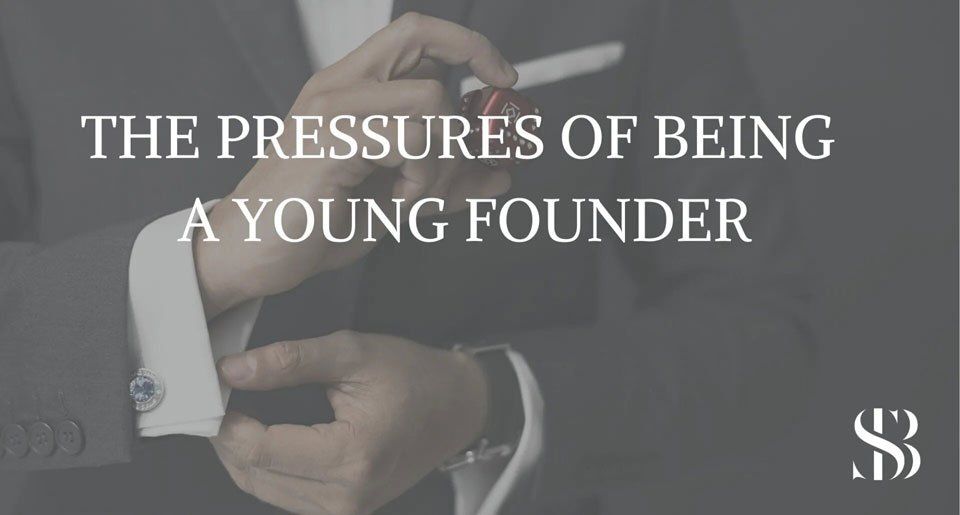
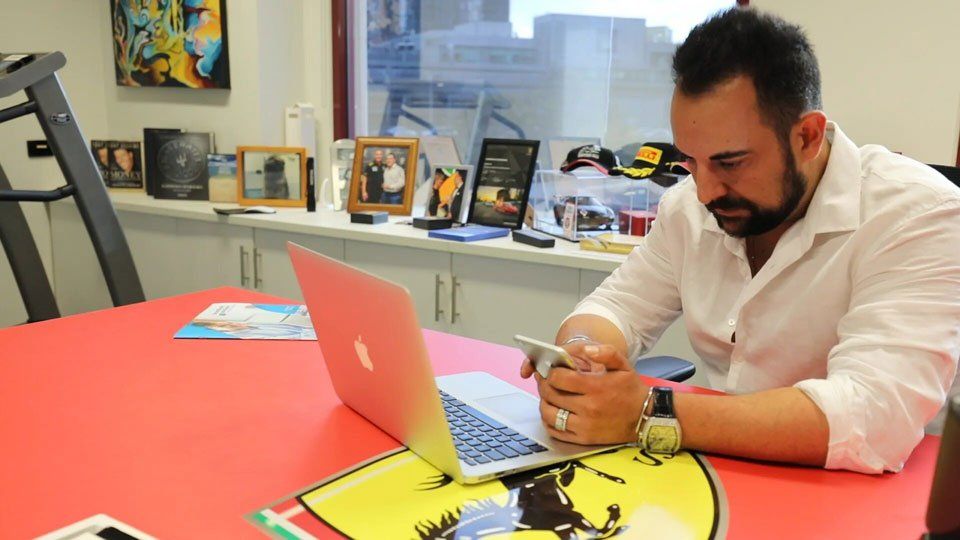
A decade and a half ago when I built my first company, the word “startup” was practically unheard of in Australia. When we talked about entrepreneurship, it was people starting small businesses or service based companies; and there’s nothing wrong with that. That’s been the backbone of the economy for decades, particularly for migrant families and migrant entrepreneurs making their way in a new country.
But technology has changed that entirely.
Today, startups are the buzzword, and tech startups are all over the media, with billionaire founders becoming the new rockstars.
I’ve learned a huge amount building my startup into a nationally recognised company with turnovers in the millions, but looking back on it now, here’s how I would do it differently in a world where startups aren’t an all new concept.
Plan long term for your cashflow and be lean
This isn’t something I’d do differently - it’s something I would do every single time. The market is unpredictable. Just because people are rushing to fund and invest in startups right now, doesn’t mean they’ll have that same confidence in a year’s time. And a year might seem long, but it can go in the blink of an eye when you’re head down and building a company. The best advice I could give anyone starting now, is to stay lean.
Be frugal. Don’t spend on inessentials and don’t let success go to your head. You can see startups getting a bit of cash and hiring in-house chefs to cook lunch for their staff, and that’s a great way to make people feel at home - but they’ll feel more at home if they still have a job in a year’s time, because you were smart with your cash flow.
Go hard on the cloud
We didn’t have this option when I started. We were constrained by having to maintain physical servers and physical technology. Today, the entire Broadband Solutions operation happens in the cloud, and it’s made everything possible in a way that it just wasn’t 15 years ago. If I was starting today, I would not take that technology for granted; look for how you can be even more efficient than your competitors. Don’t let your tech team get lazy or complacent, just because it’s easier to build than it once was. Always be on the hunt for a way to be more scalable, more practical and more efficient. The tech is there. Use it.
Wait to hire the right people
I’ve hired great people, and I’ve hired people who were completely the wrong fit. I’ve made mistakes in who I’ve trusted and who I’ve brought on board. If I was starting again today, I’d follow one rule for hiring; don’t give someone a job just because you want to fill the desks. It’s always worth waiting for the right candidate and the right fit who’ll make the business proud, put in the hard work, and become a family member. If you rush into hiring, you’re always going to regret it. The right people are worth not just waiting for, but actively searching for.
When you find that right fit, don’t lose them. Offer them what they are worth, support them, and give them every single reason to stay. It’s always cheaper in the long run to keep amazing staff happy and thriving, than to have to replace them.
Be prepared to pivot and change
We’ve had to make a lot of changes at Broadband Solutions. When we started, our product was connectivity, and we’ve had to struggle through government policy changes, infrastructure and the NBN, and the impact that’s had on our business. We’ve made it through every challenge because we’ve always been prepared to adapt our business and evolve. We moved into new areas of business that unlocked huge opportunities for us, from cloud computing to PABX, and if we hadn’t been open to that, we wouldn’t have achieved our success and longevity. If I was going to do it all differently, I’d have started with a longer-term evolution in mind, and been prepared to adapt even sooner.
Ultimately, there is no right way to build a startup, and I can give you all the advice in the world from where I’m sitting - but until you’re in the thick of it, you won’t know which choices to make and which direction to go in. If you remain as agile as you can, and you focus on the things that matter, from your people to your cash flow, you’ll be in a better position
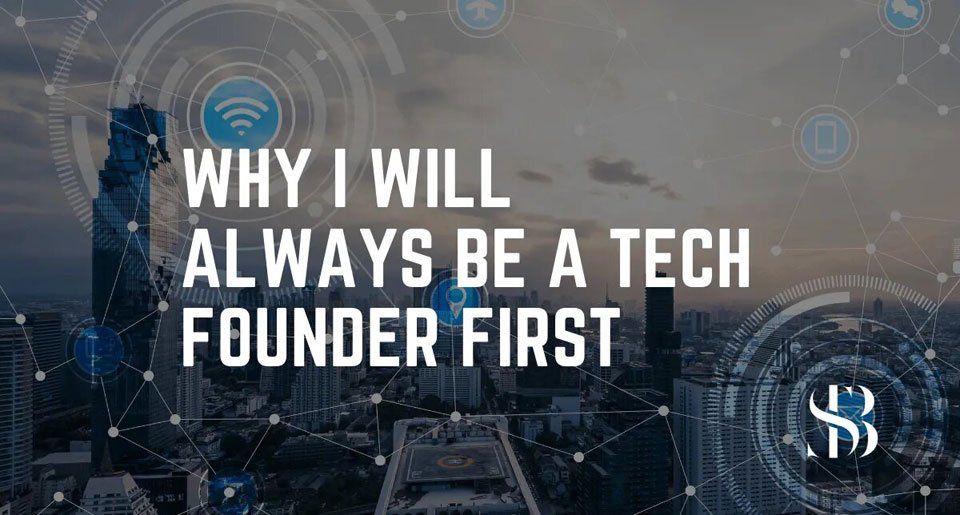
People will tell you in their bios on LinkedIn or on their websites that they’re really passionate about marketing or about metrics, or about “B2b communications through social media” — whatever that even means! They’ll swear that all of these things are their deepest, most abiding passion.
And it always makes me stop, because I think, who is really passionate about any of that? And do they have the same definition of passionate as I do?
Who is passionate about tweeting? Or about closing deals? Who is passionate about growth metrics? It’s a shorthand for when you just don’t know what to write but you want it to sound important, and we’ve started using the word passion as something that belongs in a job description, instead of in our hearts.
It’s a long way from what passion used to be.
I believe it's like the word love or friendship. It’s a word that is used very often but not meant in the right way.
When I think about passion, I’m thinking about the love you can have for another person, for your friends and for your family and for your community, for your mission and for what you believe in and for the changes you want to make in the world.
When I think about passion, I’m thinking about the need to create products that can transform lives, a need that keeps me up at night working on making myself and my companies better, long after the rest of the world is asleep.
I wouldn’t want to be stuck at a party talking to someone who feels ”passionate” about a sales tool. That doesn’t sound like a conversation I would come out of alive. But I would want to talk to someone who is passionate about how they’re using that sales tool to share an innovation with the world that has the potential to reinvent the way we live.
And I try to embody that way of thinking. I don’t tell people that I’m passionate about broadband technology.
I say I’m passionate about connecting humans. And that’s the truth.
The whole point of passion is that it gives us purpose. When we throw the word around, we lose some of its power.
The other night, I caught up with an entrepreneur I’ve known for a while . I’ve been working with him to try and lock down what he really wants to do next, and commit to it.
He told me that he’s passionate about building a new CRM product. And I just had to stop him, and ask him if he actually meant to use the word passion. The more we talked about it, the more he came to realise that when he said he was passionate about a CRM, he really meant that he was passionate about relationships, and finding ways to make them stronger.
I think that it’s more and more important to question what you’re really passionate about. To question what you mean when you apply that word, and to make sure that there are areas of your life where that passion belongs, where it can live and breath and grow and thrive. It might be a passion that drives your work, or a passion that drives you to carve out time with your kids, or a passion that keeps you focused on helping others. Whatever it is, I hope it’s enough to get you onto your feet every single day.
There are going to be times when you have to do what you need to do, in order to get your financial freedom and get by, to allow you to focus on or do what you are actually passionate about. It can take time, if your passion doesn't put food on the table, and there’s nothing with pushing through it to get there.
But we’re creative people, right? As entrepreneurs, we have to be. That’s what we are, it’s what we’re all about. But a big part of that is our passion. Our passion gives us everything we need to grow, and we should never sell it short.
Ask yourself this. What are you really passionate about?

